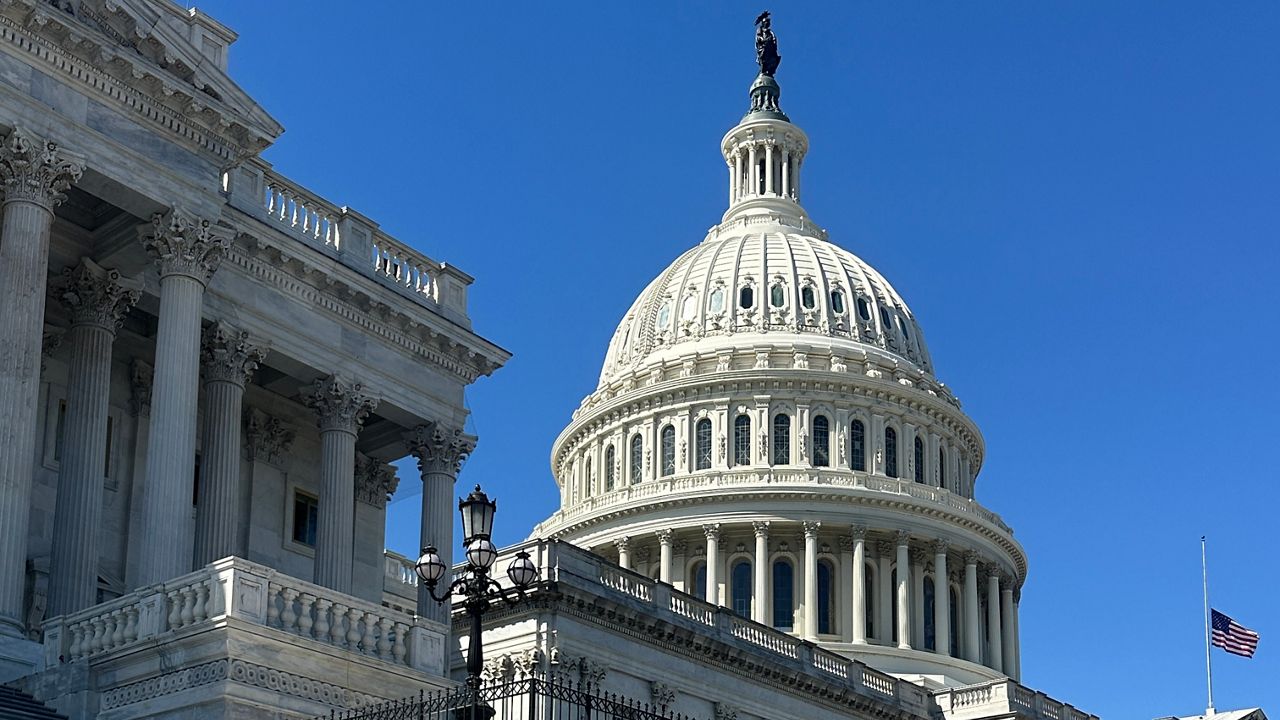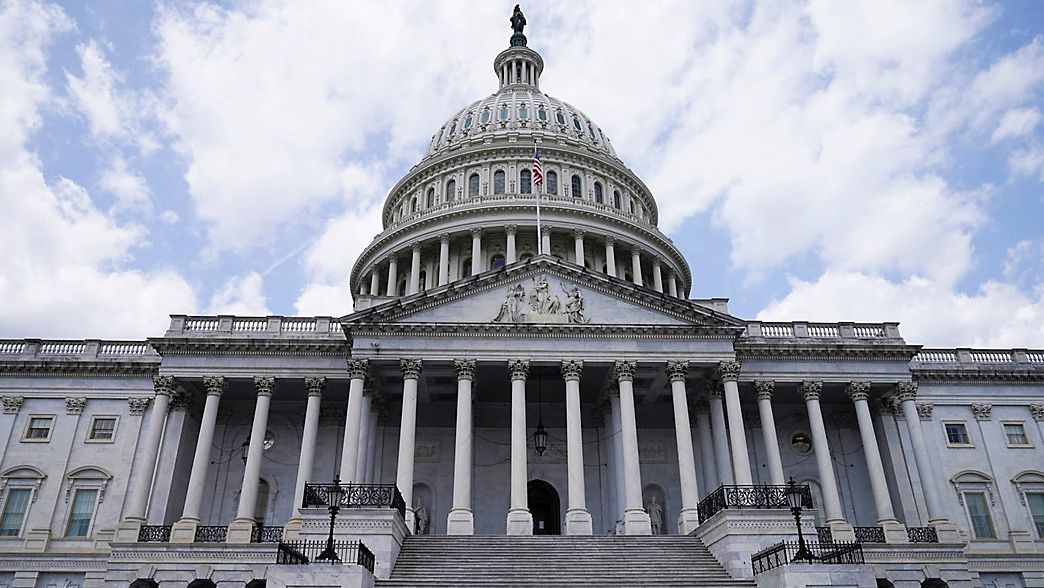FRANKFORT, Ky. — Lawmakers likely won’t pursue higher taxes on historical horse racing machines next year, according to recommendations passed by the Pari-mutuel Wagering Taxation Task Force Friday.
What You Need To Know
- Lawmakers formed the Pari-mutuel Wagering Task Force during the debate over historical horse racing machines earlier this year
- The task force wrapped up its work Friday
- Increasing taxes on historical horse racing machines is not among the recommendations for lawmakers next year
- Potentially increasing taxes on advance deposit wagering and talk of legalized sports gambling are part of the recommendations
“The way we tax horse racing in Kentucky is very complex,” Sen. Damon Thayer (R-Georgetown), co-chair of the task force, said after its final meeting Friday. “It is already a heavily-taxed industry.”
The task force came about during the debate around historical horse racing slot machines last session and whether or not they’re taxed enough.
The task force’s report says Kentucky race tracks already pay a high tax rate compared to other neighboring states or states with HHR machines.
“I don’t think the case was made very well by the opponents of HHR that the tax needs to be raised,” Thayer said.
A list of recommendations from the task force does suggest possibly increasing taxes on advance deposit account wagering, which is basically online betting on horse races. They’re currently taxed at 0.5% of all wagers made through advance deposit wagering, while most other forms of taxes on horse racing are 1.5% of all wagers made.
The recommendations also include evaluating legalized sports gambling, something Rep. Adam Koenig (R-Erlanger), the other co-chair of the task force, plans to pursue again next year.
“It’s something that exists,” he said. “It happens widely.”
Koenig said the state needs to start making money on sports betting, and do a better job of protecting those who participate in it.
“Because right now, if an offshore account doesn’t pay you, you have no recourse. If your bookie doesn’t pay you, you have no recourse,” he said. “If your buddy in Indiana doesn’t Venmo you your money, you have no recourse, so let’s do it the right way here in Kentucky.”
One thing that wasn’t included in the recommendations but will still likely be discussed next year is problem gambling. While many race tracks provide money to help fund services to deal with the issue, the state doesn’t provide anything.
“That’s unusual and, frankly, unacceptable,” Koenig said.
And changing that policy will be one of several things on the agenda for lawmakers next year.
Among some of the other recommendations from the task force:
- Determine if the admission tax should continue since some tracks don’t charge an admission fee
- Determine whether the highest pari-mutuel tax rate should be removed since no race track has qualified for it during the past 12 years
- Review the cap on funding for the University of Louisville’s equine education program while evaluating the possibility of sending funding to the University of Kentucky and Bluegrass Community and Technical College for similar programs










